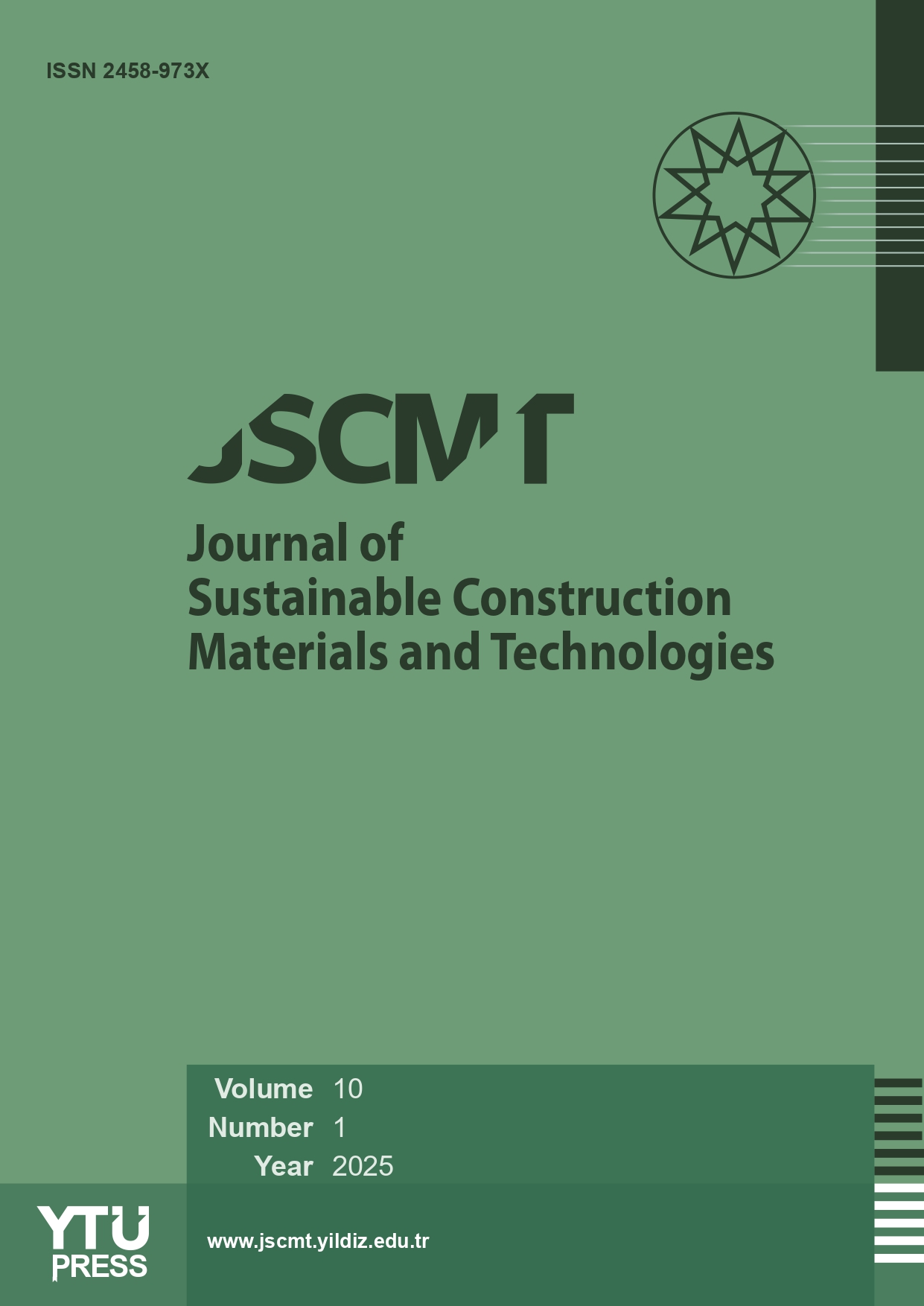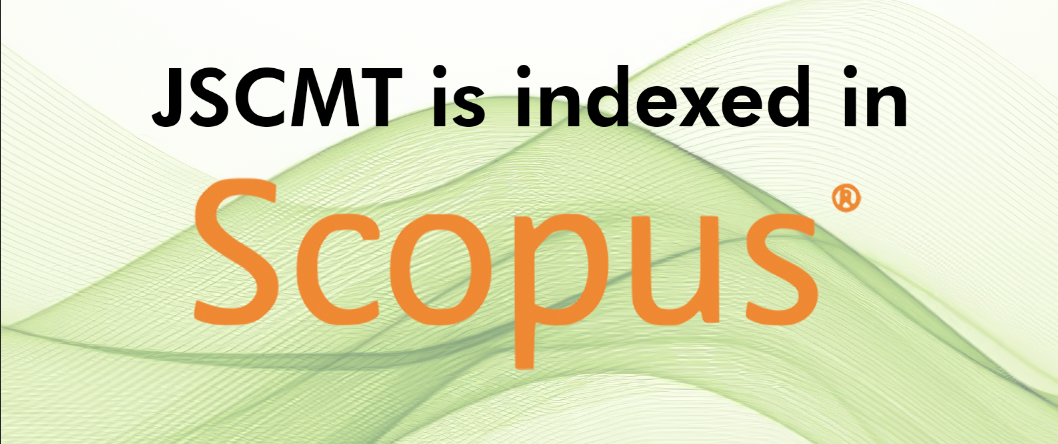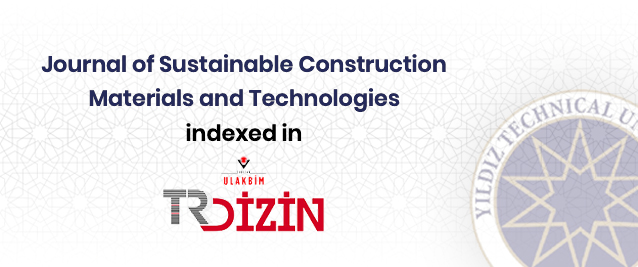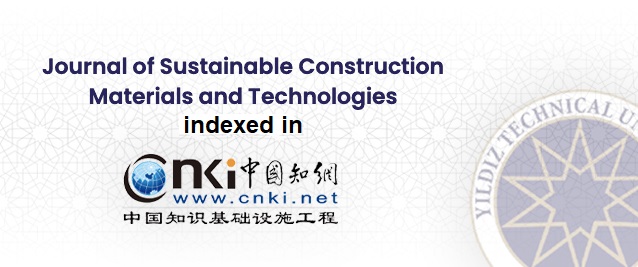Abstract
The study evaluated and compared the influence of bitumen modification for sustainable asphalt using waste plastic (Polyethylene Terephthalate, PET) and waste Polystyrene (PS) at 5–50% modification levels. Rice husk ash (RHA) and desilted sand were used as filler and fine aggregate with crushed granite as coarse aggregate. Tests conducted include; penetration, viscosity, flash point, fire point, specific gravity, ductility and marshal stability test on asphalt. For PET modified-binder a decrease in penetration and ductility was observed while the specific gravity, viscosity, flash and fire points of the binder increased. For the PS modified-binder, the penetration, ductility, viscosity and specific gravity decreased with an increase in PS while the flash and fire point increased. Marshall Stability results showed an optimal of 20% PET modification was adequate for medium traffic surfaing with stability, flow, density, air void, void in mineral aggregates (VMA), and Void filled with binder (VFB) of 4875N, 3.53 mm, 2.460 g/cm3, 3.30%, 18.20%, and 81.87% respectively. For 10% PS modification content, the stability, flow, density, air void, void in mineral aggregates (VMA), and Void filled with binder (VFB) were found to be 6825N, 3.33 mm, 2.362 g/cm3, 4.52%, 18.21%, and 75.18% respectively which was found to be adequate for heavy traffic surfacing. Hence, it was concluded that the investigated waste plastics could be used in Asphalt pavement courses. If applied, these results could provide low-cost materials for paving roads while also reducing waste-related pollution and environmental issues.
















